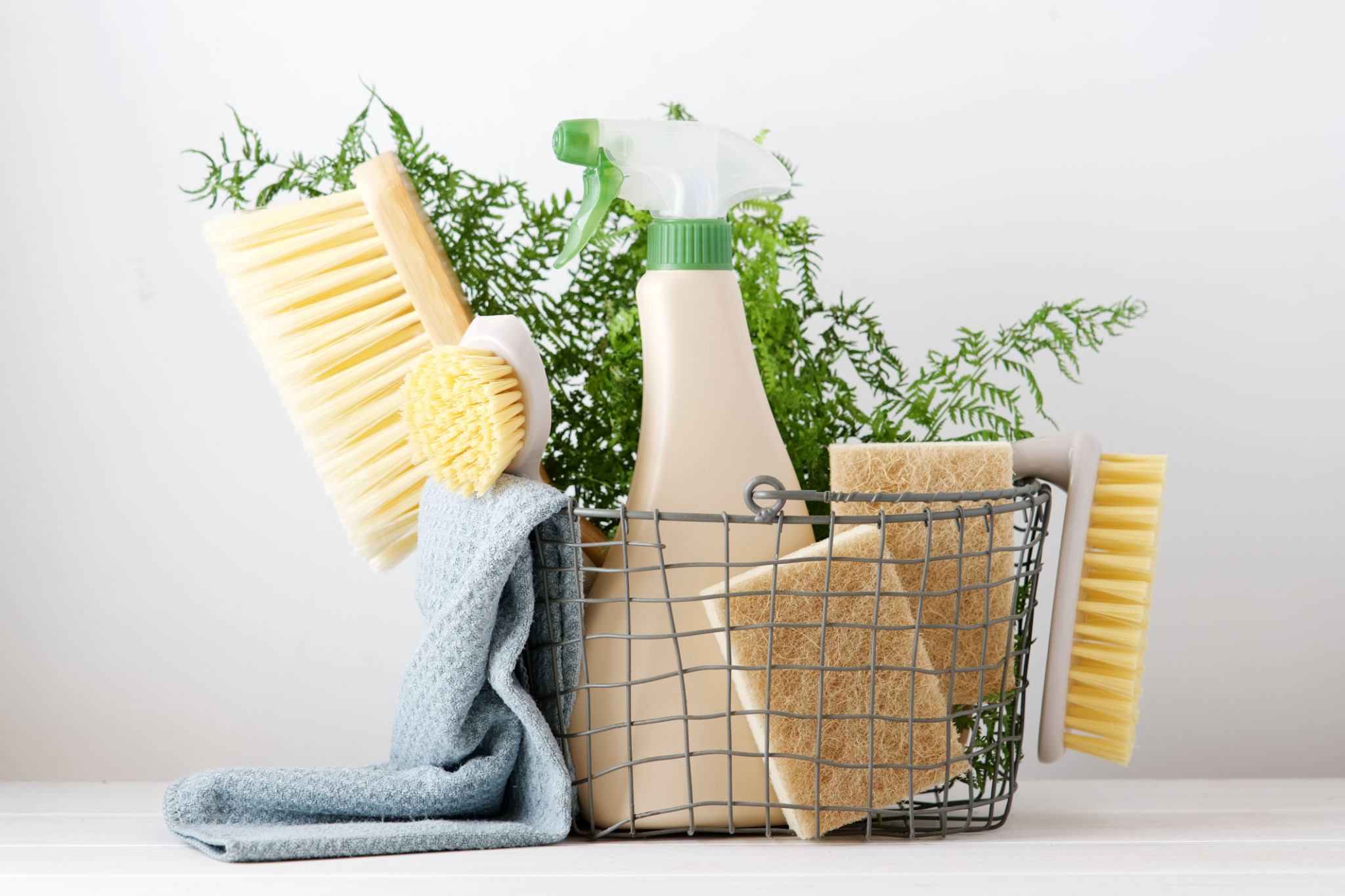Common Misconceptions About Eco-Friendly Cleaning
DL
Understanding Eco-Friendly Cleaning Products
As environmental awareness continues to rise, more people are turning to eco-friendly cleaning products. However, there are several misconceptions surrounding these products that can lead to confusion and skepticism. It's important to separate fact from fiction to make informed choices about sustainable cleaning practices.

Eco-Friendly Means Less Effective
A common myth is that eco-friendly cleaning products are less effective than their chemical-heavy counterparts. Many assume that without harsh chemicals, these products can't achieve the same level of cleanliness. In reality, eco-friendly products are formulated with powerful natural ingredients that can clean just as effectively while being safer for the environment and your health.
For example, ingredients like vinegar, baking soda, and essential oils have been used for generations due to their potent cleaning properties. These natural alternatives can break down dirt, grease, and grime without leaving harmful residues.
Eco-Friendly Products Are Too Expensive
Another misconception is that eco-friendly cleaning products are significantly more expensive than traditional ones. While some may have a higher upfront cost, they often prove to be more economical in the long run. Concentrated formulas mean you use less product per cleaning session, and the multi-purpose nature of many eco-friendly solutions can eliminate the need for multiple specialized cleaners.

Additionally, DIY eco-friendly cleaning solutions using household ingredients can be extremely cost-effective. Creating your own cleaners with items like lemon juice, baking soda, and vinegar can save money while maintaining a clean and healthy home.
All Eco-Friendly Products Are Created Equal
Not all products labeled as "eco-friendly" meet high environmental standards. Terms like "green," "natural," or "eco" can sometimes be used misleadingly due to a lack of regulation in labeling. It's crucial to research brands and check for certifications from reputable organizations like Green Seal or EcoLogo to ensure you're purchasing genuinely sustainable products.
Eco-Friendly Cleaning Is Time-Consuming
Some believe that using eco-friendly products requires more time and effort compared to conventional cleaning methods. In truth, many eco-friendly cleaners are designed for convenience and efficiency. With the right tools and products, you can clean quickly and effectively without sacrificing sustainability.

For instance, microfiber cloths can trap dirt and bacteria more effectively than traditional cleaning rags, reducing the need for additional cleaning agents. This not only saves time but also minimizes your environmental impact.
The Impact of Eco-Friendly Cleaning
Switching to eco-friendly cleaning products has a positive impact on both personal health and the planet. By minimizing exposure to toxic chemicals, you reduce the risk of allergies and respiratory issues. Moreover, supporting sustainable practices helps decrease pollution and conserves resources for future generations.
Understanding these common misconceptions about eco-friendly cleaning can empower you to make better choices for a healthier home and a cleaner planet. Embracing sustainable cleaning practices not only benefits you but also contributes to a larger global movement towards environmental responsibility.